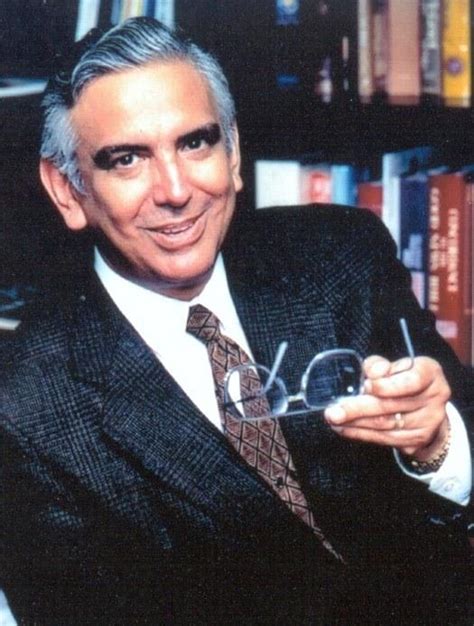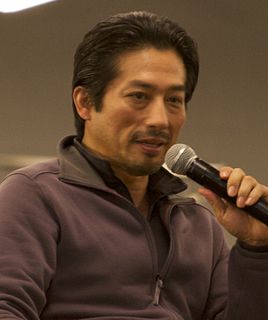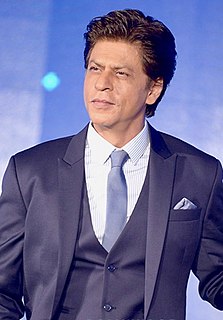A Quote by Witold Gombrowicz
The difference between western and eastern intellectuals is that the former have not been kicked in the ass enough.
Quote Topics
Related Quotes
Mothers know the difference between a broth and a consommé. And the difference between damask and chintz. And the difference between vinyl and Naugahyde. And the difference between a house and a home. And the difference between a romantic and a stalker. And the difference between a rock and a hard place.
Western intellectuals, and also Third World intellectuals, were attracted to the Bolshevik counter-revolution because Leninism is, after all, a doctrine which says that the radical intelligentsia have a right to take state power and to run their countries by force, and that is an idea which is rather appealing to intellectuals.






































